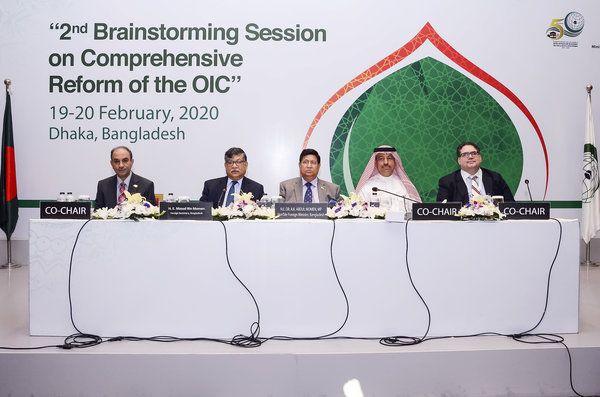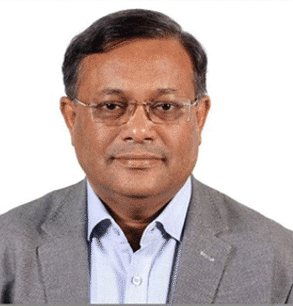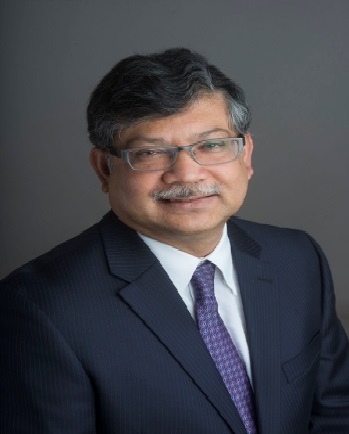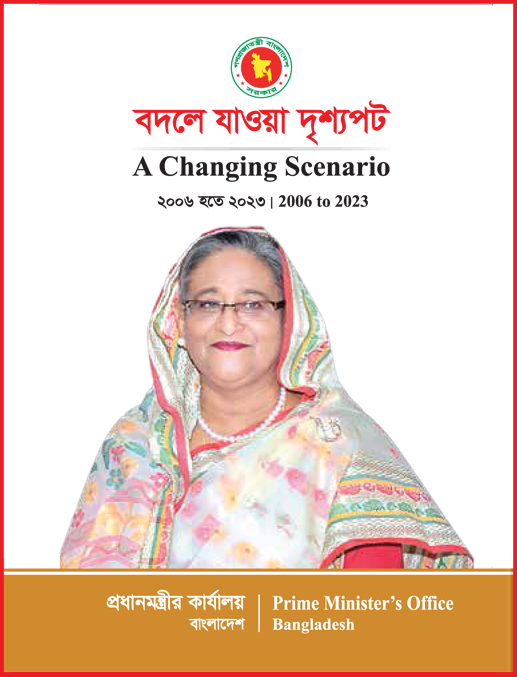Opening Statement of the HFM at the 2nd Brainstorming Session on OIC Reform, Dhaka 19-20 February 2020

Bismillahir Rahmanir Rahim
Excellency the Assistant Secretary General,
Excellencies the Co-Chairs
Excellencies, distinguished Heads of Delegation, Distinguished Participants, Guests, Brothers and Sisters
As Salamu Alaikum Wa Rahmatullahi Wa Barakatuhu
It is a matter of great honour and privilege to welcome you today to the city of Dhaka, once known as city of beautiful mosques. I On behalf of the Hon’ble Prime Minister Sheikh Hasina, let me extend the heartiest welcome to you all to this second iteration of the brainstorming session.
Before I move further – let me put on record, on behalf of both Bangladesh and all co- chairs our deepest gratitude to the Custodian of the Two Holy Mosques His Majesty King Salman Bin Abdul Aziz Al Saud for his continued patronage and support towards the organisation. We also deeply appreciate the Secretary General H.E. Mr. Youssef bin Ahmed Al Othaimeen and his Secretariat for organizing the first brainstorming session in Jeddah and for the build-up till date.
My special thanks go to the Co-Chairs and participants of the two Brainstorming sessions who, along with the Secretary General, must be keen to carry forward the historic responsibility of recalibrating the OIC with fresh ideas and fresh thoughts – as well as fresh plans of action for an efficient, effective, and fruitful dispensation of its mandate. The OIC that we are imagining today – is imbued with the virtues of purpose and resolve – and is capable of meeting challenges of the 21st century.
Excellencies, Brothers and Sisters,
We are here today to offer views and visions to identify areas, issues and possible solutions towards a comprehensive reform of the OIC. This reform is not cosmetic or administrative in nature. Rather, this reform is for making the organisation more
relevant to the Ummah that it serves. We wish to enable this historic conference of the Islamic civilisation with a discernible global voice and a stronger network of both ideas and actors – so that it may exert a superior strategic leverage in the affairs of the globe.
I would urge upon the distinguished delegates to devise their interventions which do not fail to answer questions like: why the Organisation was created in the first place; or why many of its founding ambitions still remain unfulfilled; or for that matter, if the organisation is still relevant to live upto the challenges that the ummah faces today.
We must understand that the onerous responsibility of upholding the image, trust and honour of the House of Islam rests on the OIC and we must not fail to suitably equip the Organisation and direct its resources for thwarting the designs and onslaughts of Islam’s enemies and secure and safeguard a dignified and prosperous future for the Ummah. Our task today is to ensure that the OIC become a benchmark in transparency, accountability, independence and equity.
Brothers and Sisters,
For benefiting further from your deliberations and your collective wisdom, I thought it important to stress on some points here.
First, and in general, this reform process ought to be taken with an open mind, in collective perspective and not in the narrower purview of national interests. We must put the Ummah’s interest first. The visions of Islam was always synchretic and inclusive. OIC must also adhere to similar principles.
Second, we ought to consider means and mechanisms to strengthen the internal dynamics – its software - its role, functions, relations, tools, means, vision, strategies and possibilities in the context of new paradigms of international relations and new opportunities available to meet the emerging challenges of the Ummah. The capability to rise up to the core challenges emanating from the deteriorating climatic conditions of the planet, rising chauvinism and protectionism in the field of trade and finance, disruptive innovations in technology – leading to possible shifts and retrenchments in productive conditions, amongst others, must be recognised as the core deliverables of the organisation.
Third, we must keep in mind that OIC is the Organisation representing exclusively the Muslim Ummah – its hope, aspirations and voice. A large part of the Ummah remains outside the OIC membership. The question of an equitable identity for the Muslim population must be incorporated into the domain of deliverables that the OIC mechanisms and programmes can shape. Relevant are also questions of how OIC conducts humanitarian diplomacy creating stable resources and management procedures. I must congratulate The Gambia, and indeed, the whole brotherhood of the OIC, for its innovative approach towards resolving the Rohingya crisis through international legal mechanism at the ICJ.
Fourth, we need to identify ways and means to engage non-state actors like the private sector and civil society that are emerging to make a difference in new partnership models. We must harness the energy of the youth and the women to encourage various professional associations and networks such as the STI community in furthering OIC objectives and advancing its collective agenda.
Bangladesh, since its joining the OIC under the leadership and vision of the Father of the Nation Bangabandhu Sheikh Mujibur Rahman and especially, under the Government of Prime Minister Sheikh Hasina, has always had great hopes about a self-reliant OIC. Mooting of the idea of an Islamic common market, proposing OIC games, bringing climate change and blue economy in the OIC discourse and programme of action, taking up regional economic integration programmes are just some cases in point. Reform must therefore, provide for synchronisation of the political OIC and the Economic OIC.
Fifth, in an era where individuals provide thought leadership, technology breaks boundary, and innovations disrupt, focused networking and thematic alliancing prove to be key in handling the 4 IR already knocking round the bend. We need to develop professional networks, thematic alliances and OIC culture of work in various human endeavors and use our soft power in dealing with hard problems more durably. Innovative ideas and thoughts are expected on how best to utilize civil paths to peace and soft powers including media, literature, art and culture at least for image righting if not for policy and strategy purposes.
Sixth, in view of the intensity of conflicts that we are witnessing across a greater part of the Muslim ummah, we need to ensure that mechanisms and initiatives
created for dispute and conflict resolution and diffusion of tension through peaceful means like mediation, arbitration, joint diplomatic moves and peace- making/peace-building missions are activated, harmonised and put into operation. We must stop infighting amongst the Muslim Ummah.
Seventh, ideas and concepts should come suggesting innovative ways and means for faster development of the Muslim world using complementarities and strategic resources we possess. With peace and stability, development is also our priority as development solves many problems automatically. We wish you a successful outcome of the meeting.
I thank you all. May Allah be with us in our collective initiative.
Joi Bangla. Joi Bangabandhu.
Long live the OIC













